What parents need to know to make sure kids brush their teeth the right way and why baby teeth matter. Sponsored by Dr. Kami Hoss.
Should Parents Help Kids Brush Their Teeth?
When I talk to other parents, one of the things that they all can agree on is that it can be a struggle to get kids to brush their teeth properly…or at all!
Brushing teeth has always been a part of our family’s nightly routine, but that doesn’t mean it is always easy!
Our 3-year-old is very independent and loves to do things herself, but she definitely misses a few spots brushing and needs help. Our 7-year-old has also started asking for help, but I wondered if I should or not. Is there an age where parents should stop assisting with brushing?
Then I read If Your Mouth Could Talk by Dr. Kami Hoss. Dr. Hoss is a renowned orthodontist and dentofacial orthopedist who has spent 20 years researching how your oral health affects your entire body.
I’ve always been a stickler for dental hygiene, but this book taught me a few things that I didn’t know! It really opened my eyes to just how important it is to make sure kids brush their teeth right, starting as soon as possible.
Did You Know…
- 5 year old kids only brush 25% of their teeth
- 11 year olds only brush 50% of their teeth
Without guidance, your kids won’t be getting their teeth as clean as possible, potentially leading to preventable dental issues.
But They’re Just Baby Teeth…Right?
Because baby teeth eventually fall out and are replaced by permanent teeth, there is a misconception that they are not as important.
However, baby teeth are crucial for a child’s development and quality of life.
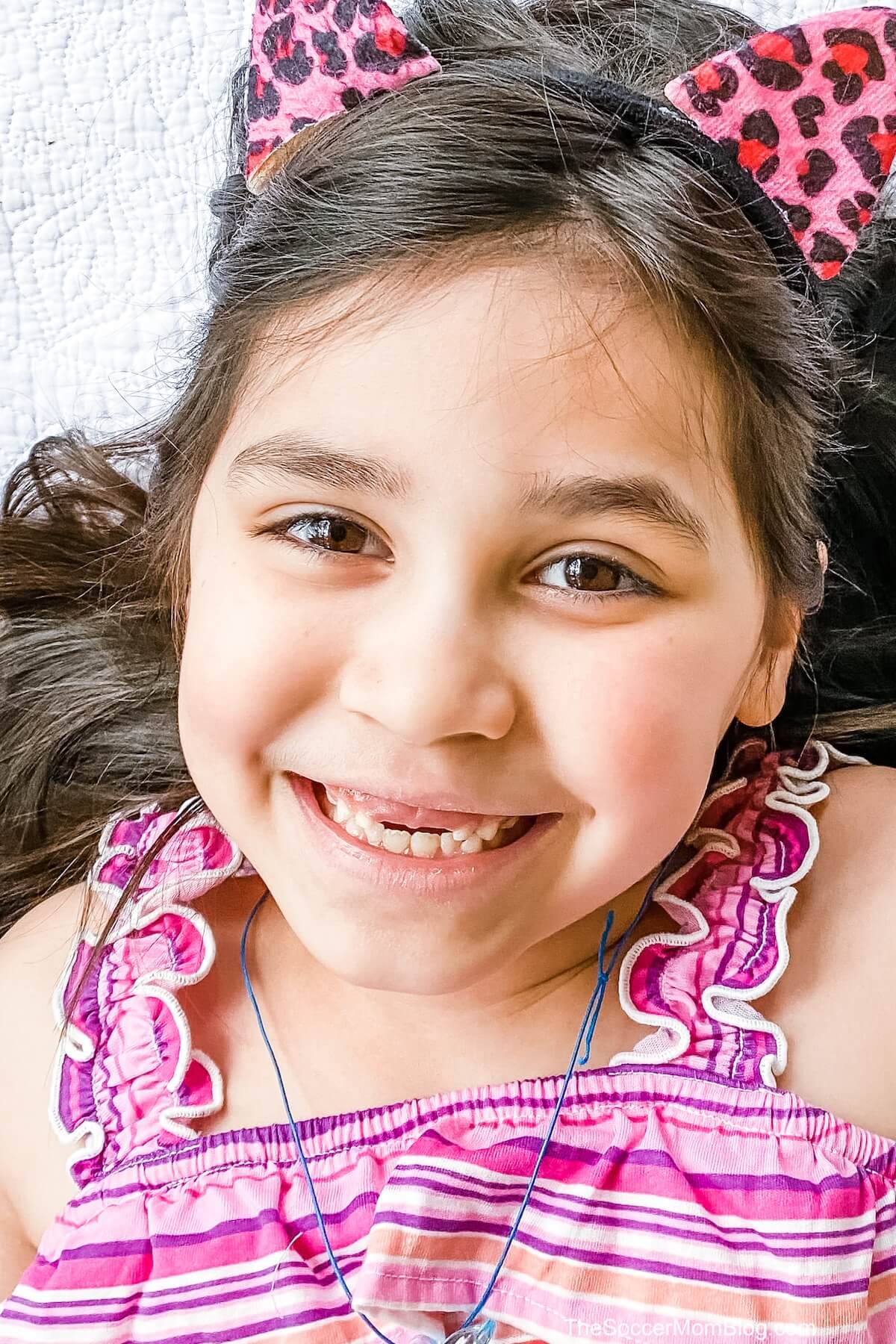
Even though baby teeth eventually fall out and are replaced, it’s still important to care for them.
Healthy baby teeth are needed to:
- Keep the needed space for permanent teeth to grow in
- Help babies and toddlers eat their first solid foods
- Learn to talk correctly and form words
- Guide the growth of the jaw and face
- Provide confidence
How to Help Kids Learn to Brush Their Teeth
After reading Dr. Hoss’ book, I was reassured to learn that it is important to help kids brush their teeth correctly and effectively. Not only does this model for kids the right way to brush, but it makes sure that their teeth are actually getting clean.
Start by brushing completely for them, to show kids the right way to brush. Over time, you can switch so that they are doing most of the brushing, while you supervise. Eventually they will learn to brush independently. Dr. Hoss emphasizes being patient, as it can take years for kids to get their brushing technique just right.
5 Ways to Help Your Kids Brush Better:
- Make it fun — Studies show that kids brush up to 73% longer with music. A musical toothbrush, or even singing a “brush your teeth” song are both great ways to get kids excited about brushing.
- Change it up — A child’s toothbrush should be replaced at least every 3 months. (The same goes for your toothbrush too!) Manual and electric toothbrushes are both fine; choose the type that your child prefers and is mostly likely to use correctly.
- Floss Daily — Disposable floss sticks are often easier for kids to handle and clean between teeth.
- Use the Right Toothpaste — A toothpaste with hydroxyapatite and/or fluoride is recommended by Dr. Hoss.
- Don’t Forget the Tongue — The tongue is a common source of bad breath, as it accumulates microbes. Make sure that brushing the tongue is part of your mouth-cleaning routine. A tongue-scraper is another safe and effective way to clean the surface of the tongue.
Make sure to brush twice a day and remember to visit your child’s pediatric dentist regularly!
Should Kids Use Mouthwash?
An effective mouthwash is an important part of a child’s oral health care routine and should be used daily. However, not all mouthwashes are created equal. Some may actually do more harm than good!
Kids under age 6 should never use a mouthwash containing fluoride, due to risks if swallowed. Mouthwashes containing alcohol and/or antibiotics should also be avoided because they harm the good bacteria in the mouth.
Dr. Hoss recommends a pH-balancing mouthwash containing hydroxyapatite and prebiotics, as soon as your child is able to swish and spit.
Want More Tips?
Dr. Hoss’ book opened my eyes to just how important it is to take care of baby teeth. It also has a lot of tips for grown-ups too. I’m definitely going to be shopping for new toothpaste and mouthwash for the whole family!
One thing that really stood out to me is that good oral health can add 10-15 years to your life. WOW!!
Give your family the gift of a healthy mouth — Visit www.themouthbook.com to preorder your copy of If Your Mouth Could Talk!
You might also like:
6 Baby Teething Remedies that Work
When Should Babies Go To The Dentist?
- Paper Chain Octopus Craft - April 24, 2024
- Amish Sugar Cookies - April 19, 2024
- Marshmallow Playdough - April 18, 2024
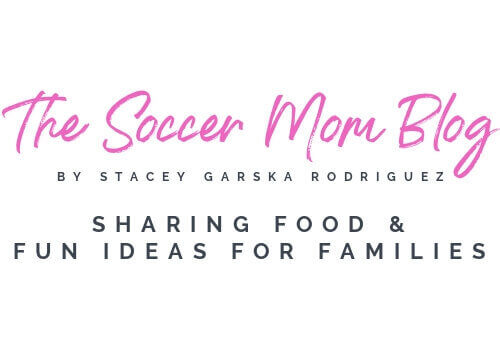
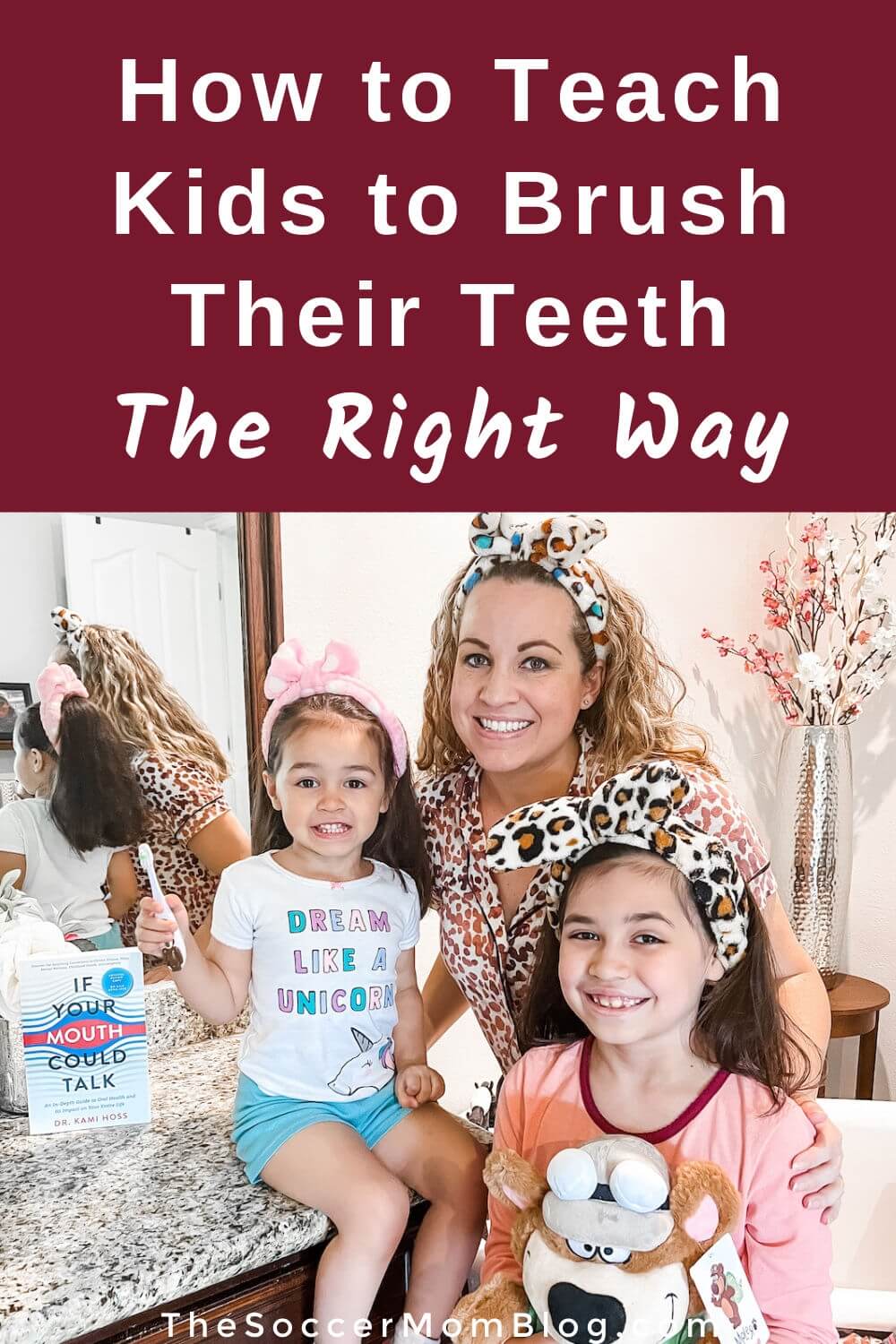
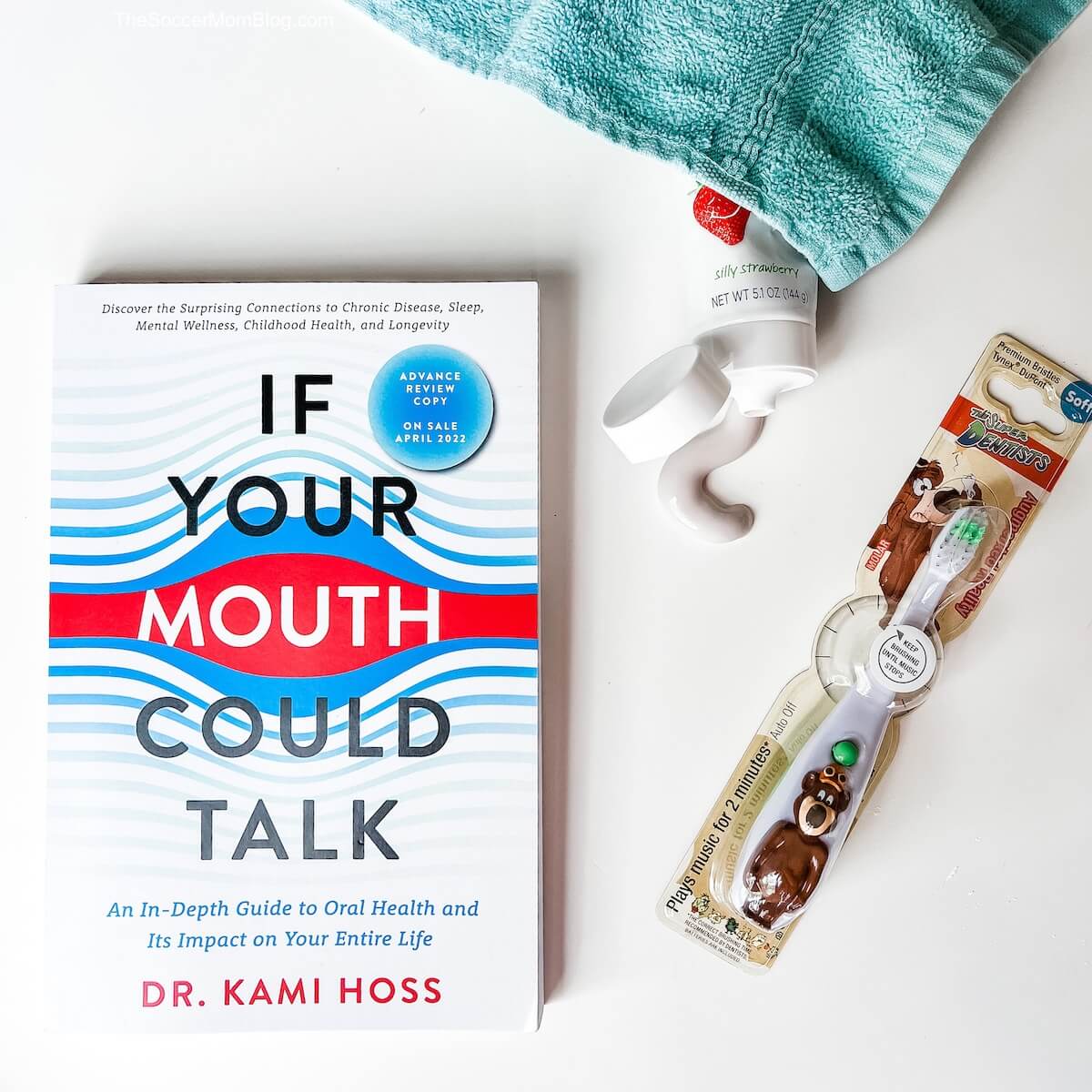
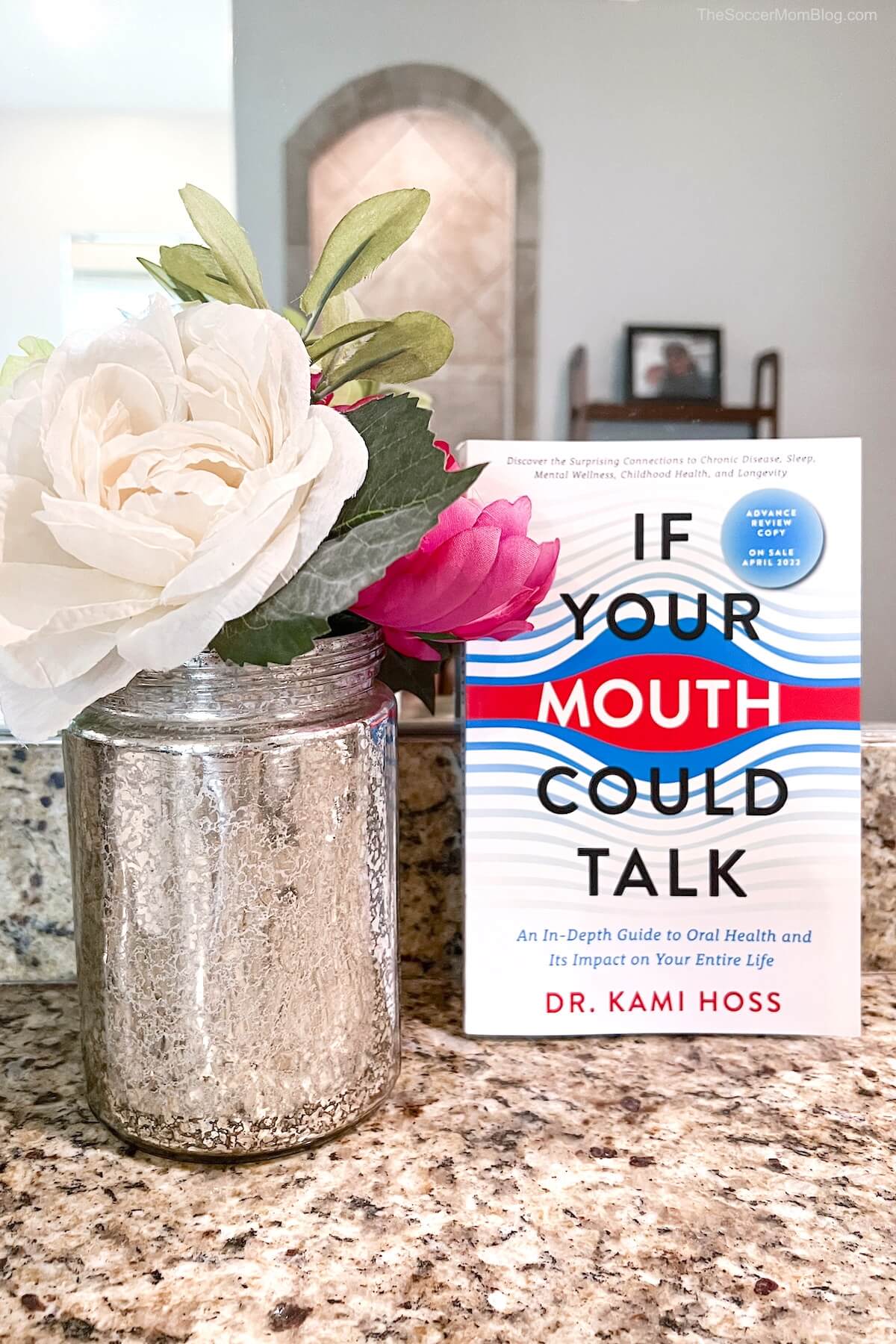
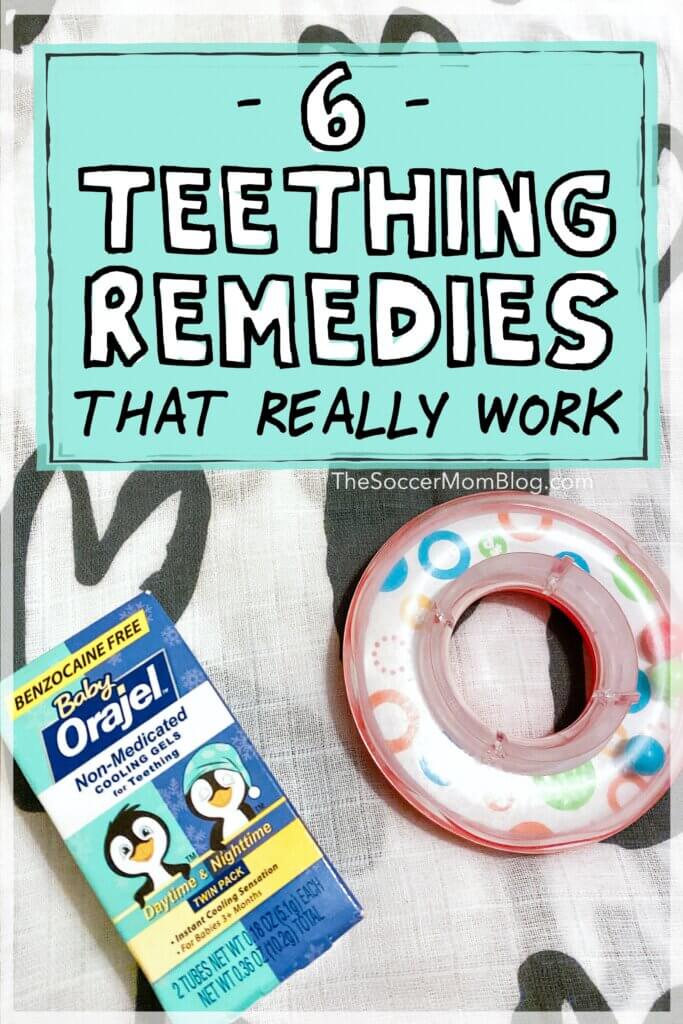
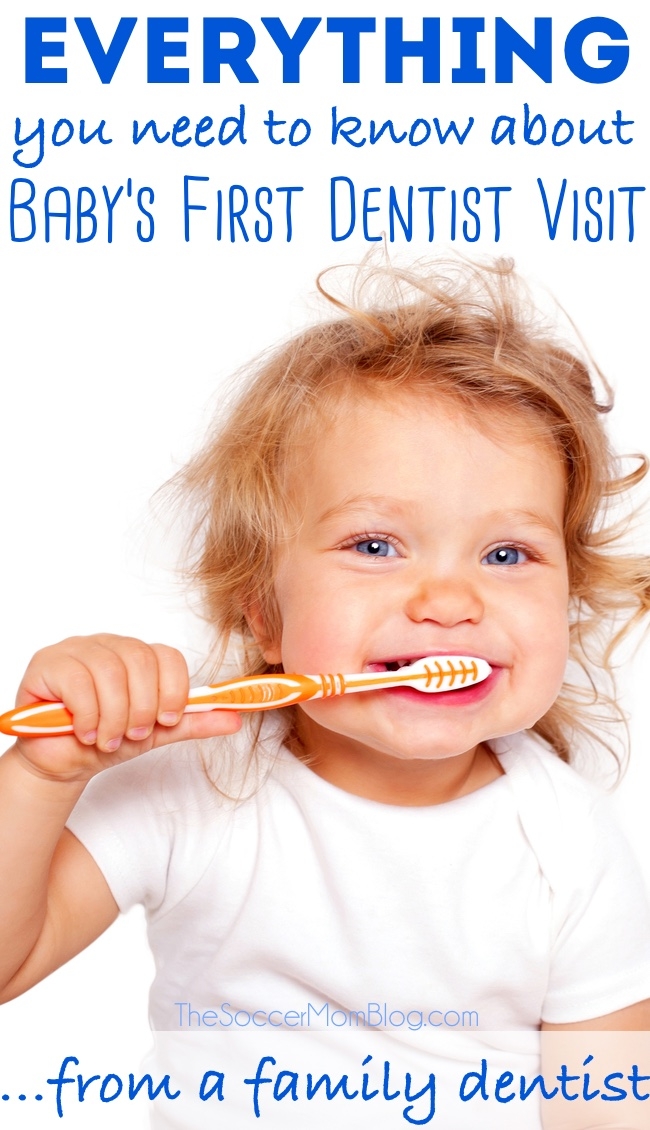

Leave a Reply